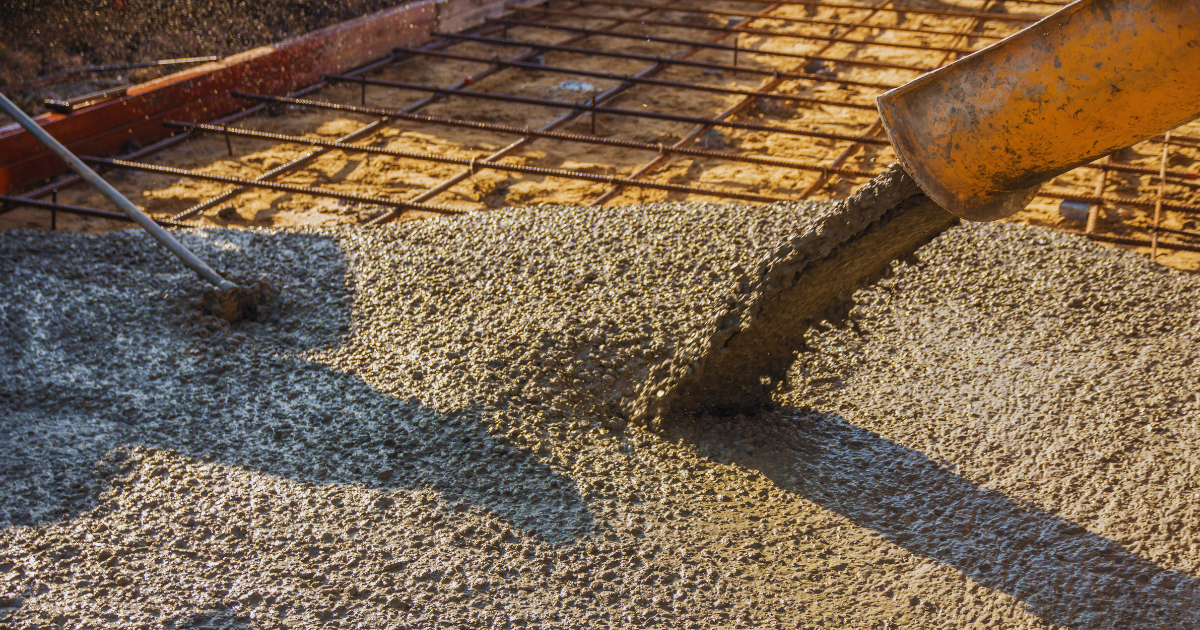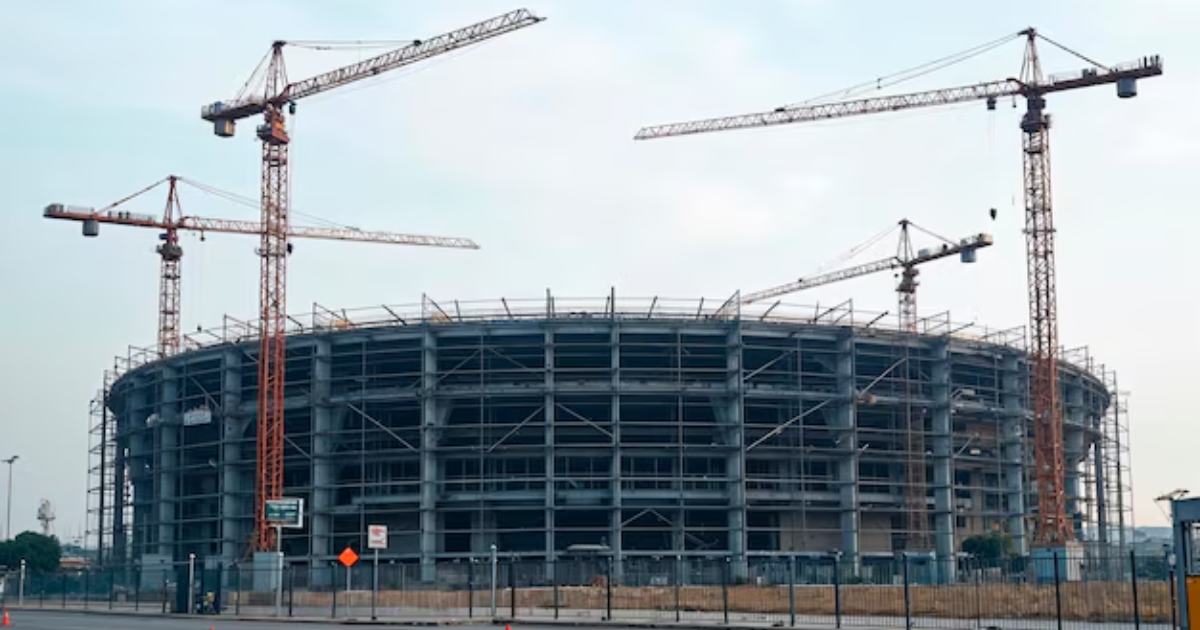Diaphragm wall construction has emerged as a cornerstone in modern civil engineering, providing stability and strength for deep excavations and underground structures. Among the various techniques and materials used, soil-bentonite stands out as an advantageous choice. This blog delves into the benefits and applications of soil-bentonite in diaphragm wall construction, showcasing how it contributes to structural integrity and environmental sustainability.
What is Soil-Bentonite?
Soil-bentonite is a composite material consisting of:
- Natural Soil: Often sourced locally, it forms the bulk of the mixture.
- Bentonite Clay: A highly absorbent material, bentonite expands upon contact with water, creating a low-permeability barrier.
- Water: Added to achieve the desired consistency and enhance the material’s properties.
This combination offers excellent impermeability and flexibility, making it ideal for use in diaphragm wall construction.
Why Use Soil-Bentonite in Diaphragm Wall Construction?
1. Superior Waterproofing
One of the primary roles of diaphragm walls is to prevent water ingress. The bentonite component in soil-bentonite forms a gel-like barrier when hydrated, significantly reducing permeability. This makes it particularly effective in:
- Groundwater management in deep excavations.
- Subways and underground transport systems.
- Basements and below-ground parking structures.
2. Cost-Effectiveness
Using soil-bentonite can reduce project costs in multiple ways:
- Locally Available Materials: Sourcing soil locally minimizes transportation costs.
- Simplified Installation: The material is easy to mix and apply, reducing labor and equipment expenses.
- Reduced Maintenance: Its durability ensures fewer repairs over the lifecycle of the structure.
3. Environmental Benefits
Soil-bentonite is an environmentally friendly option for diaphragm wall construction. Its natural components and low carbon footprint align with sustainable building practices. Additionally, it helps protect groundwater from contamination by forming an impermeable barrier.
4. Flexibility and Adaptability
The properties of soil-bentonite can be adjusted to meet specific project requirements. For instance:
- Adjusting the bentonite content to enhance impermeability.
- Tailoring the mix to suit varying soil conditions.
Applications of Soil-Bentonite in Diaphragm Wall Construction
Soil-bentonite is widely used in various types of diaphragm wall projects:
1. Cut-Off Walls
These walls prevent the flow of groundwater in:
- Contaminated sites.
- Flood-prone areas.
- Dams and levees.
2. Structural Walls
Soil-bentonite diaphragm walls are employed to provide structural support in:
- Deep basements.
- Tunnels.
- Foundations for high-rise buildings.
3. Environmental Protection
In landfill projects, soil-bentonite diaphragm walls act as containment barriers to prevent leachate migration and protect surrounding groundwater resources.
The Construction Process with Soil-Bentonite
Step 1: Excavation
Trenches are excavated to the required depth using specialized equipment such as clamshells or hydro-mills. The trenches are supported by a bentonite slurry to prevent collapse during excavation.
Step 2: Mix Preparation
The soil-bentonite mixture is prepared by blending bentonite clay with locally sourced soil and water. The proportions are carefully adjusted based on the project’s needs.
Step 3: Filling the Trench
The prepared soil-bentonite mix is poured into the trench, displacing the bentonite slurry. This process ensures a continuous, impermeable wall.
Step 4: Curing
The soil-bentonite material is allowed to set and cure, achieving its final impermeable state over time.
Advantages of Soil-Bentonite Over Other Materials
Soil-bentonite offers distinct advantages when compared to alternative materials used in diaphragm wall construction:
- Versus Concrete: While concrete provides higher structural strength, soil-bentonite is more cost-effective and excels in waterproofing applications.
- Versus Plastic Concrete: Soil-bentonite is easier to work with and more adaptable to varying site conditions.
- Versus Cement-Bentonite: It offers superior flexibility and lower permeability.
Challenges and Mitigation Strategies
1. Soil Quality Variations
The quality of locally sourced soil can vary, impacting the performance of the soil-bentonite mix. This can be mitigated by thorough soil testing and adjusting the mix design accordingly.
2. Workability Issues
Achieving the right consistency in the mixture can be challenging. Regular monitoring and on-site adjustments ensure optimal workability.
3. Long-Term Durability
Over time, soil-bentonite walls may experience shrinkage or cracking. Adding additives or implementing regular inspections can help maintain their integrity.
Innovations in Soil-Bentonite Technology
Advancements in materials science are enhancing the performance of soil-bentonite in diaphragm wall construction:
- Nano-Modified Bentonite: Incorporating nanomaterials improves impermeability and durability.
- Self-Healing Mixes: Additives that enable the material to self-heal cracks are being explored.
- Smart Monitoring Systems: Sensors embedded in the walls provide real-time data on performance, enabling proactive maintenance.
Case Study: Successful Use of Soil-Bentonite in a Flood Control Project
In a recent flood control initiative, engineers faced the challenge of constructing diaphragm walls in a high-water table area. By using a soil-bentonite mix, they achieved:
- Exceptional waterproofing.
- Reduced project costs due to local material sourcing.
- Long-term durability in an aggressive groundwater environment.
This project demonstrates the versatility and effectiveness of soil-bentonite in addressing complex engineering challenges.
Conclusion
The use of soil-bentonite in diaphragm wall construction offers a compelling combination of cost-effectiveness, environmental sustainability, and performance. Its adaptability and proven track record make it an indispensable choice for a wide range of applications. As technology continues to advance, the potential of soil-bentonite will only grow, paving the way for even more innovative and efficient construction practices.
For engineers and builders, leveraging the soil-bentonite advantage means creating structures that stand the test of time, ensuring safety, functionality, and sustainability in today’s demanding construction landscape.







